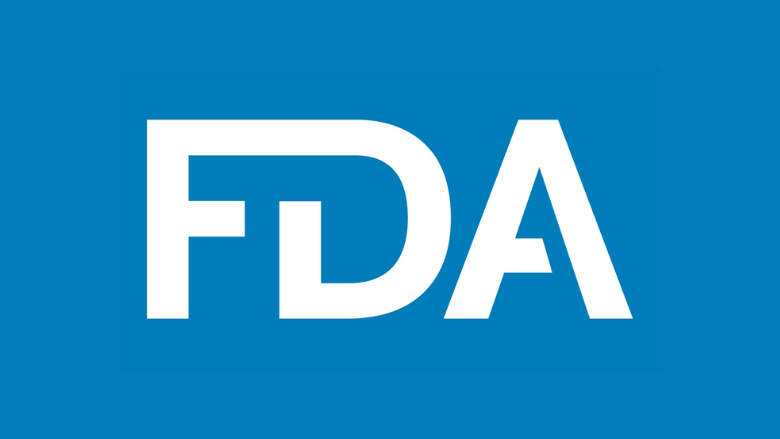One of the most popular and early installments of AI driven technology is Siri and Alexa. They have been available and helping people around the world for the last ten years. As AI begins to increase in availability in the healthcare industry, we are seeing integration into healthcare screenings, clinical notetaking, healthcare insurance management, smartphone applications, wearable diagnosis technologies, as well as virtual healthcare practitioners. However, there are still not many direct regulations or draft guidance to monitor the use of AI in the healthcare industry.


With the recent release of ICH E6(R3), many experts and industry professionals are examining whether the new regulations provide guidance on Artificial Intelligence (AI) and Machine Learning. The International Council for Harmonisation of Technical Requirements for Pharmaceuticals for Human Use (ICH) plays a critical role in establishing guidelines that govern clinical trials through Good Clinical Practice (GCP). GCP is an international ethical, scientific, and quality standard for conducting trials involving human participants. Clinical trials conducted in accordance with GCP help ensure the rights, safety, and well-being of trial participants are protected.
While ICH E6(R3) has been finalized, its implementation will vary by jurisdiction, with ICH E6(R2) remaining the valid guideline until full adoption. To determine whether the new guideline provides any direct references to AI or Machine Learning, FDAQRC conducted a detailed keyword analysis of the final version.
FDAQRC’s Senior Project Manager, Randall Morris conducted a search in the ICH E6(R3) final version, using the key word search for “Artificial Intelligence” and “AI” and “Machine Learning” but this method did not yield any results. However, searching the document for the key word “technology” revealed three results with the most relevant being:
A review of the U.S. Food and Drug Administration’s (FDA) January 2025, Draft Guidance titled “Considerations for the Use of Artificial Intelligence to Support Regulatory-Decision Making for Drug and Biological Products” using the key word search “Artificial Intelligence” yielded fifteen results and a key word search using “Machine Learning” yielded four results.
Further evaluation of key word search “Life Cycle” between the two documents revealed more commonality in this key term search than the aforementioned key terms, whether it was variations of “Data Life Cycle” or “Drug Product Life Cycle”.
Randall contends that ICH E6(R3) is purposefully written to not use the words “Artificial Intelligence”, “AI”, or “Machine Learning” thus enabling a broader interpretation and potential application of these technologies than the U.S. Food and Drug Administration’s Draft Guidance Document.
Globally, industry professionals are beginning to see published opinions on the implementation of AI utilization in the conduct of clinical trials. In the European Medicines Agency’s 09 September 2024 “Reflection paper on the use of Artificial Intelligence (AI) in the medicinal product lifecycle”, Section 2.3.3. Clinical trials; 2.3.3.1. Good clinical practice (GCP) states that:
“The use of AI/ML within the context of clinical trials should meet applicable requirements in the ICH E6 guideline for good clinical practice (GCP)…[and that] additional information would need to be considered when applying AI/ML in a clinical trial setting where the impact on specific aspects such as the design and conduct of the trial, the use of decentralized elements and the intended use as a decision support software should be reflected in the specific protocol benefit-risk assessment.”
Without applicable regulations and corresponding guidance from the global governing regulatory bodies, it is possible that the industry is not ready for the application and governance of Artificial Intelligence, AI, or Machine Learning in the clinical trial setting.
FDAQRC’s auditors and consultants have extensive knowledge of the ICH E6(R3) regulatory guidance and are ready to help ensure your projects are in compliance. Contact us to discuss how we can partner with you to prepare for the implementation of ICH E6(R3).
Randall earned his Master of Science in Nursing-Clinical Research Management from Duke University an undergraduate degree in Nursing from Old Dominion University.

This Industry Insight was published in April 2025. Please note that the accuracy or completeness of the information contained in this article is based on its publication date, as facts and circumstances may change over time. Please contact us directly if you would like a list of references for this information.

A Closer Look at Inspection Readiness: Mock/Hats On-Off Approach

How to Secure Project Assignments with FDAQRC: A Guide for Consultants

Tips For Preparing & Hosting a Successful Audit

Regulating AI in Clinical Trials: What ICH E6(R3) Does (and Doesn’t) Say

Explores the Differences Between Auditors and Inspectors in the Clinical Research Industry

Competency Based Programs Contribute to Early Clinical Research Professional’s Training

15 Years of Excellence: FDAQRC's Journey and Future Vision









